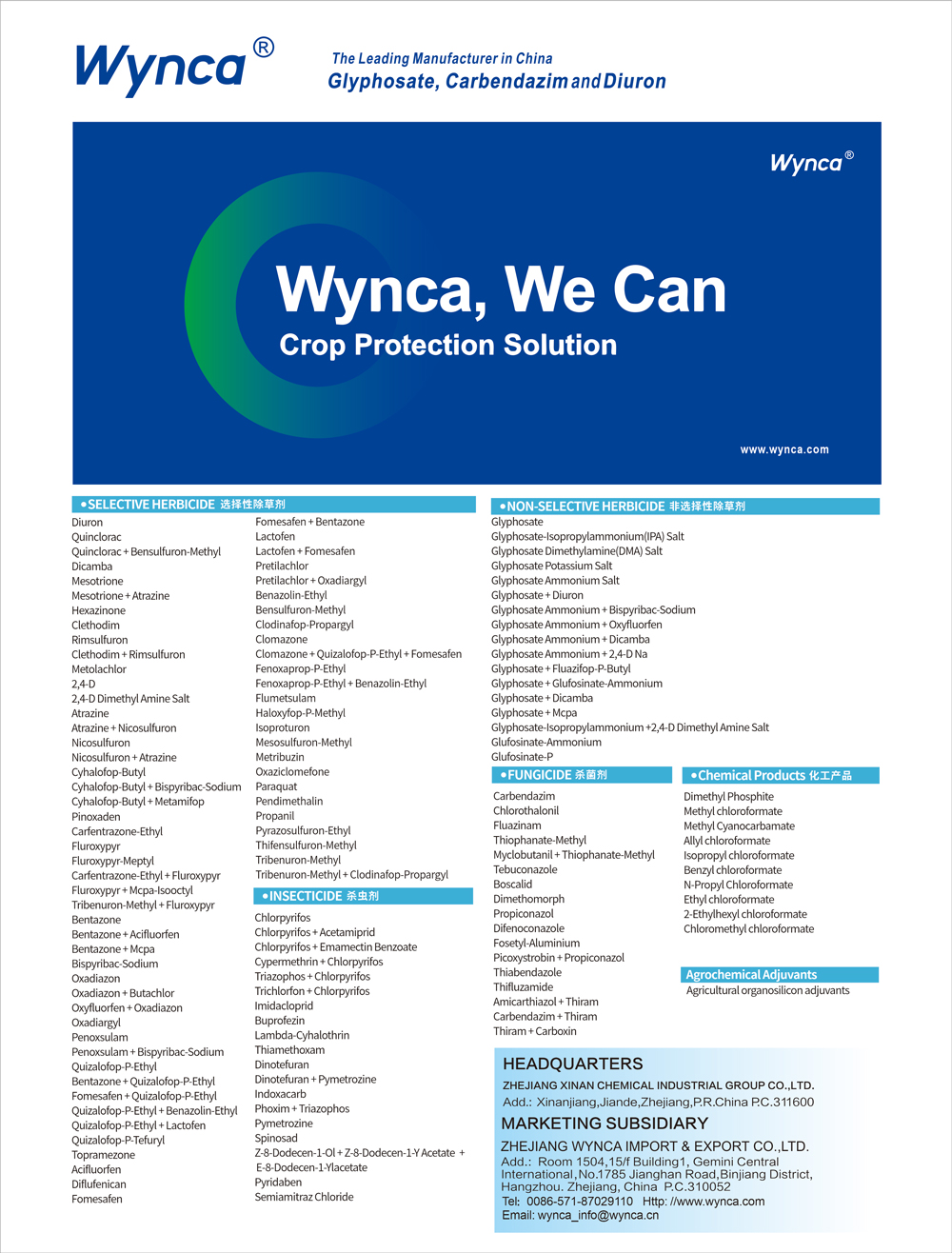Bringing Your Biologicals to Mexico
Scroll Down to Read
By Renee Targos
Editor
Biological companies like Futureco Bioscience, Certis Biologicals, and Valent have seen success in Mexico’s biologicals market. The market may not be skyrocketing like Brazil’s, but it is maturing with opportunities.
Mexican producers growing high-value specialty crops like table grapes, tomatoes, and peppers as well as greenhouse growers are using biologicals.
Mark Trimmer, President and Founding Partner for DunhamTrimmer
“Mexico is primarily a bioinsecticide market first, and a biofungicide market second,” says Mark Trimmer, President and Founding Partner for DunhamTrimmer, a research firm focused on international biological markets.
“After those two, other product uses are much smaller in Mexico for biologicals currently,” says Trimmer. “Pest-resistance issues with traditional products are an opportunity for biologicals in Mexico. Not to the extent that we see in Brazil, but there is some opportunity there.”
With the U.S. market buying approximately 80% of Mexican agriculture exports according to the U.S. Department of Agriculture’s Economic Research Service, Mexico’s producers are looking for products to make their yields more appealing to U.S. consumers.
“They (Mexican producers) are very cognizant of reducing residues in their produce for export north of the border,” says Trimmer. “This provides a good opportunity for biologicals companies with products that can help with residue management.”
For those companies wanting to expand biological products into Mexico’s market, here are some tips from those in the business.
Three Crucial Points
Sandro Baglietto, Global Sales Manager of Futureco Bioscience, says there are three important facts to know before you start doing business in Mexico and Central America.
- Proven Efficacy: “Due to the prevalence of local products, companies must provide highly-effective solutions with clear, proven results. This means offering clear technical guidelines for the application of their biologicals to ensure optimum results.”
- Understanding the Culture: “Adapting to the local business culture is essential. This includes building strong, lasting relationships with key distributors to maintain a solid market presence. Understanding and skillfully navigating local business practices is a must.”
- Value Propositions: “Achieving market differentiation is crucial. Companies need a deep understanding of their product offerings and the competitive environment. They should identify major competitors in the biological solutions space and develop distinct, persuasive value propositions that set their products apart in an increasingly crowded market.”
Trimmer adds to make sure your product cost matches the local economics and partner with local distributors or coops to access Mexico’s biological market.
Top Challenges
The greatest challenge biological companies will face in introducing their products to Mexico, like in many countries and regions, is the regulatory system. Some of the hurdles companies will encounter are:
- Legal Work: “You’ll need a legal entity established in the country or you will need to have appointed someone to hold your registrations in Mexico. You will have to set up a local company to do this for you,” says Trimmer.
- Financial Investment: “Navigating the exigent regulatory framework set by authorities, which mandates substantial time and financial investment to meet local standards for safety and efficacy,” says Baglietto.
Other challenges include a lack of infrastructure for special handling or refrigeration of products as well as winning over growers to invest in your product and learn to use it correctly. This requires staff or partnerships to be established.
Sandro Baglietto, Global Sales Manager of Futureco Bioscience
“The path to success for biological products is further complicated by the unique peculiarities of these advanced solutions, which require an extensive understanding among farmers to be fully effective in the field,” says Baglietto.
“Ensuring market entry and acceptance demands dedicated efforts to deepen the technical understanding and field development of the products across the agricultural landscape,” Baglietto continues. “Therefore, increasing the technical assistance around these innovations is crucial. Doing so allows farmers to incorporate them effectively into their unique ecosystems and identify practices that maximize benefits.”
Another challenge is from low-quality, non-industrial products that may be attractive to customers because of their low price. These products often lack accreditation and required quality. If growers have a negative experience due to insufficient efficacy, it may become more challenging to sell similar products at a higher price. It’s also important to provide a product that will be easily incorporated into a grower’s current farming practices.
Success Story
Navigating local challenges and distribution system complexities, which can be described as a “complex network of intermediaries” where products pass through multiple hands increasing the cost and making the delivery of biologicals a complicated journey to the farmer, can be daunting but not impossible with the right plan, says Baglietto.
Futureco Bioscience overcame these issues using these two strategies explained by Baglietto:
- Research and Innovation: “We dive deep into understanding the local market through partnerships with local experts, tailoring our solutions, grounded in extensive R&D, to meet specific community needs, and offering robust support and training to ensure relevance and effectiveness and effectively underscore the value of our products.”
- Efficiency Planning: “Simultaneously, we work to streamline distribution by identifying key geographical customers, establishing direct relationships with closely connected distributors, and optimizing logistics to cut costs and improve delivery efficiency, ensuring that products reach their final destination in a timely and cost-effective manner.”
While Mexico’s producers aren’t adopting biologicals into row crops, as we’ve seen in the U.S. and Brazil, the demand for lower maximum residue levels on produce, weed resistance, and the banning of HHPs and other agrochemicals will continue to drive opportunities for biologicals especially for the high-quality specialty crops grown in Mexico and Central America. It’s a market to consider with the right strategy. •


